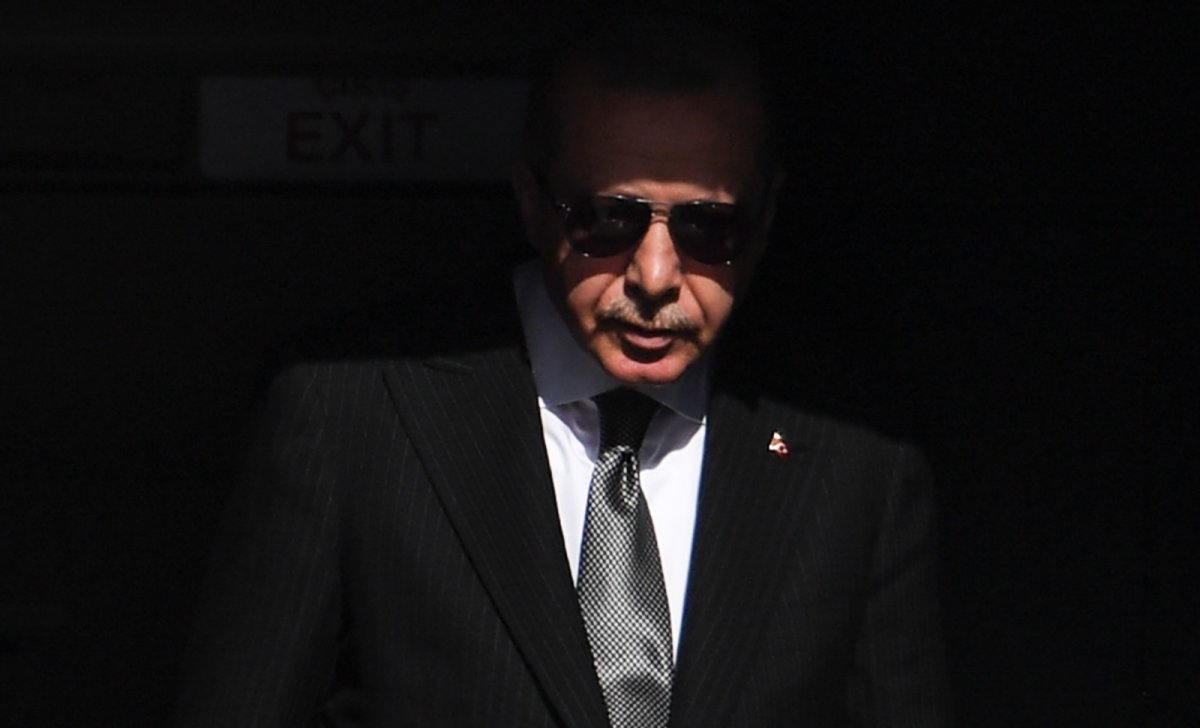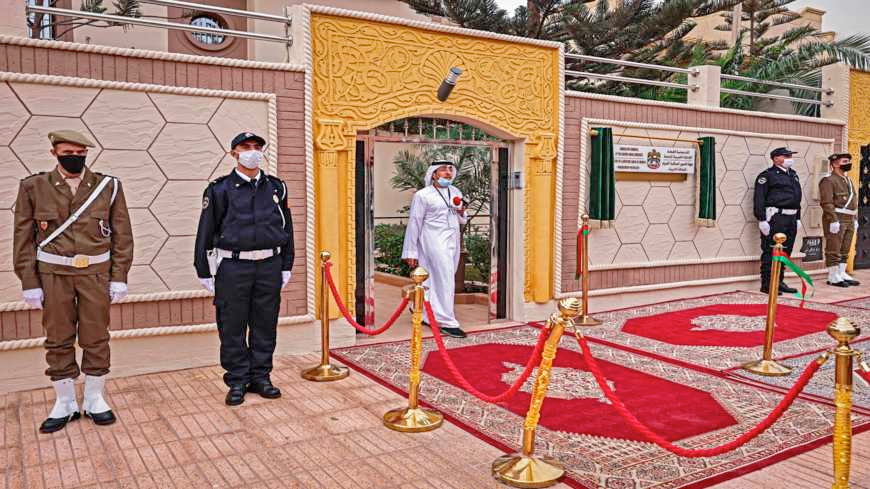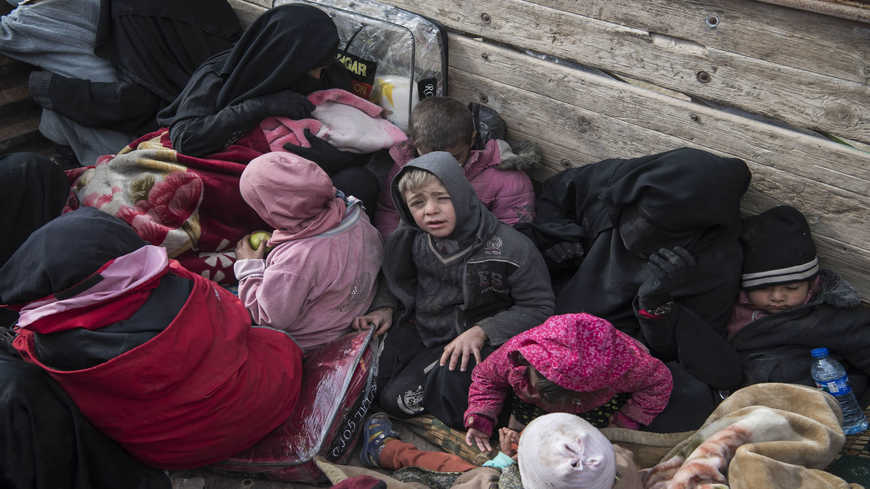Murky Bosnian Charity Appeals for African Wells Raise Concerns
Millions of euros have been raised through appeals in Bosnia and Herzegovina to build wells and mosques in Africa, but concerns persist about suspect fundraising methods and claims that photographs documenting some charity-funded wells were faked.




